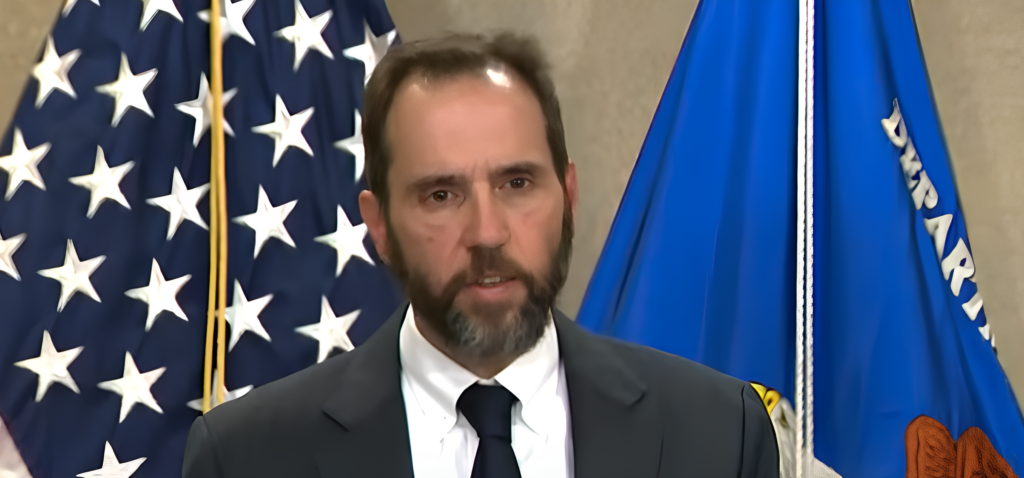Revised Indictment Against Trump Adapts to Supreme Court Ruling

The legal battle surrounding former President Donald Trump took a new turn on Tuesday as Special Counsel Jack Smith filed a superseding indictment, refining the charges related to Trump’s alleged attempts to overturn the 2020 election results. This move follows a recent Supreme Court ruling that granted Trump partial immunity, necessitating adjustments in the ongoing case against him, as reported by CNN.
Key Adjustments in the Indictment
The revised indictment does not drop any of the original four charges but refines the allegations, particularly by omitting some claims about Trump’s use of the Department of Justice to further his baseless claims of election fraud. This revision aims to align the charges more closely with the Supreme Court’s recent ruling, which shielded Trump from certain liabilities related to his official duties as president. The indictment now distinguishes between Trump’s official responsibilities and his personal actions as a candidate, a crucial differentiation in light of the Court’s decision.
The indictment clarifies that Trump had no constitutionally mandated role in the post-election transition of power, emphasizing that his alleged actions were driven by personal interests rather than official duties. This distinction is vital, as it underscores that the charges pertain to Trump’s conduct as a private citizen rather than his presidential functions.
Impact on the 2024 Campaign
As the 2024 presidential race intensifies, the indictment thrusts Trump’s legal troubles back into the spotlight. Despite legal maneuvers to delay or dismiss charges, the revised indictment could refocus attention on the substance of the allegations, potentially affecting Trump’s campaign. The urgency with which the Special Counsel updated the charges highlights the high stakes, particularly as Trump seeks to regain the presidency, which could offer him a legal shield against federal prosecution.
Trump’s Response and Legal Implications
Trump quickly responded to the indictment on Truth Social, denouncing the revised charges as a desperate attempt by Special Counsel Smith to revive what he called a “dead Witch Hunt.” Trump’s legal team had anticipated some form of revision following the Supreme Court’s ruling, but the swift filing still caught them by surprise.
The revised indictment also removes references to former Justice Department official Jeffrey Clark, previously identified as a co-conspirator. This adjustment might reflect a strategic focus on actions clearly outside Trump’s official duties, aimed at reinforcing the legal robustness of the charges.
With a hearing scheduled in Judge Tanya Chutkan’s courtroom, the legal proceedings are set to continue influencing the political landscape, with Trump’s legal battles becoming a focal point as the election approaches.

